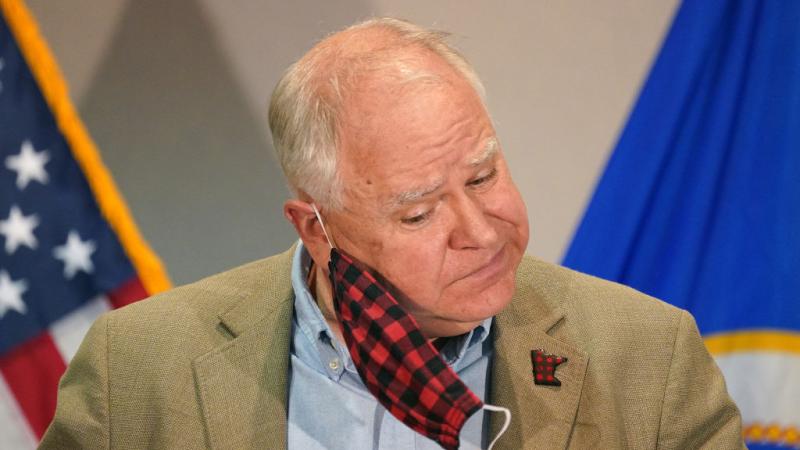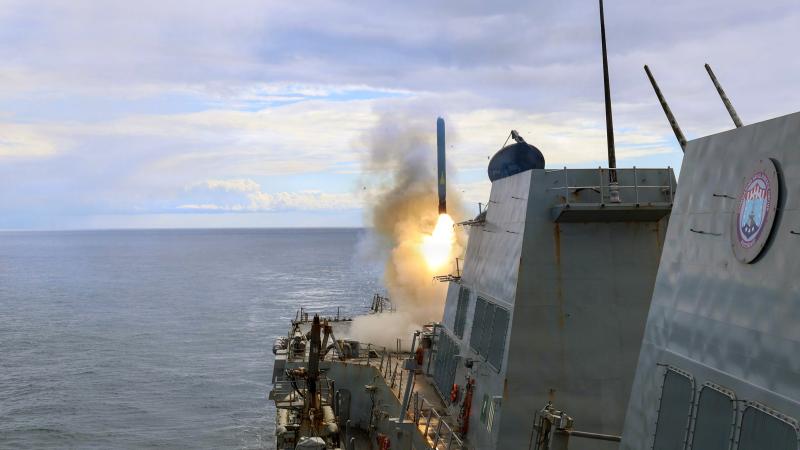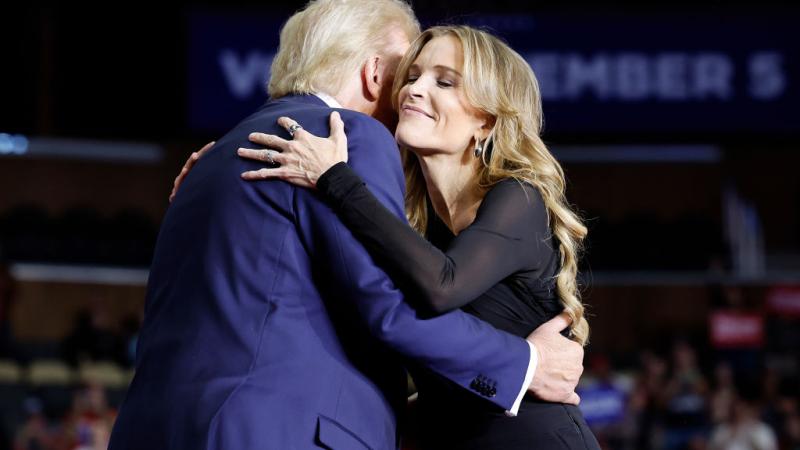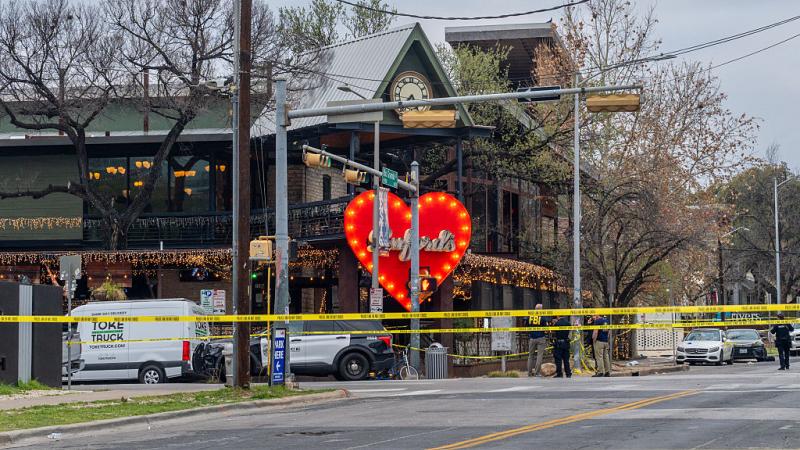Despite supply-chain logjams, infrastructure bill allocates $250M to target truck emissions at ports
Critics have attributed bottlenecks to draconian California emissions standards excluding much of U.S. trucking fleet from transporting cargo to and from ports of Los Angeles and Long Beach, the nation's two largest.
This week's Golden Horseshoe is awarded to the Biden Administration and members of Congress who voted for the $1.2 trillion infrastructure bill, which includes $250 million for reducing truck emissions at port facilities, which have been crippled by record-breaking cargo backlogs for months.
Critics have attributed the bottlenecks to draconian California emissions standards that exclude up to half the nation's truckers from transporting shipping containers to and from the ports of Los Angeles and Long Beach, the nation's two busiest, which together account for close to one third of total U.S. shipping cargo volume.
The 2,000-plus page Infrastructure Investment and Jobs Act, which President Biden is scheduled to sign on Monday, includes $50 million in funding per year for the next five fiscal years aimed at reducing emissions at ports.
Section 11402 of the bill, "Reduction of Truck Emissions at Port Facilities," calls for Transportation Secretary Pete Buttigieg to "establish a program to reduce idling at port facilities."
The bill calls for the transportation secretary to study how "ports and intermodal port transfer facilities would benefit from increased opportunities to reduce emissions at ports, including through the electrification of port operations."
In particular, the secretary is to study emerging technologies and procedures that would help reduce emissions at ports from idling trucks.
The $250 million will fund ways to "test, evaluate, and deploy projects that reduce port-related emissions from idling trucks, including through the advancement of port electrification and improvements in efficiency, focusing on port operations, including heavy-duty commercial vehicles, and other related projects."
Port facilities may not only face new meddling from the Transportation Department, but the Environmental Protection Agency and the Energy Department may also be consulted by Buttigieg as part of the reduced emissions program, according to the text of the bill.
Biden, who visited the Port of Baltimore on Wednesday to tout the infrastructure bill, mentioned the supply chain crisis and the logjam at the ports, stating how "ships are lined up 70-some lined up out as far as you could see."
The president did not mention the emissions regulations and electrification of ports the infrastructure bill will fund, but said his administration will alleviate the current supply chain crisis and the bottlenecks at the ports.
"I'm not waiting to sign a bill to start improving the flow of goods from ships to shelves," Biden said. "Yesterday, I announced a port of — a port plan of action. It lays out concrete steps for my administration to take over the next three months to invest in our ports and to relieve bottlenecks."
The logjam at the ports has caused supply chain delays, and more than half of Americans reported being affected.
It's unclear how the emissions reduction program will alleviate port bottlenecks once implementation of the program begins.
















